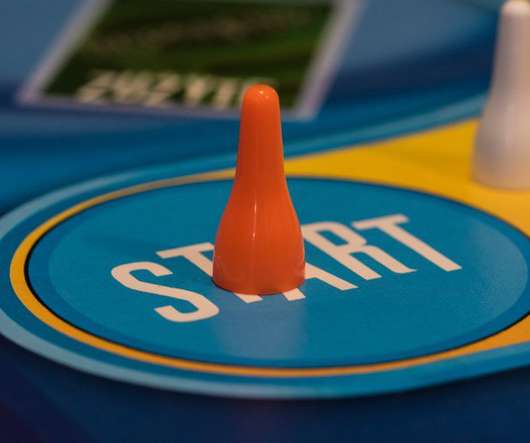From Learning Management to Personal Knowledge Management
Jane Hart
AUGUST 11, 2012
Finding solutions to their own personal performance problems and/or improving their own productivity – through quick and easy access to on-demand resources and by constantly reviewing the tools in their personal toolkit. Here’s a short presentation by Harold Jarche that explains PKM and his Seek-Sense-Share PKM framework.






































Let's personalize your content